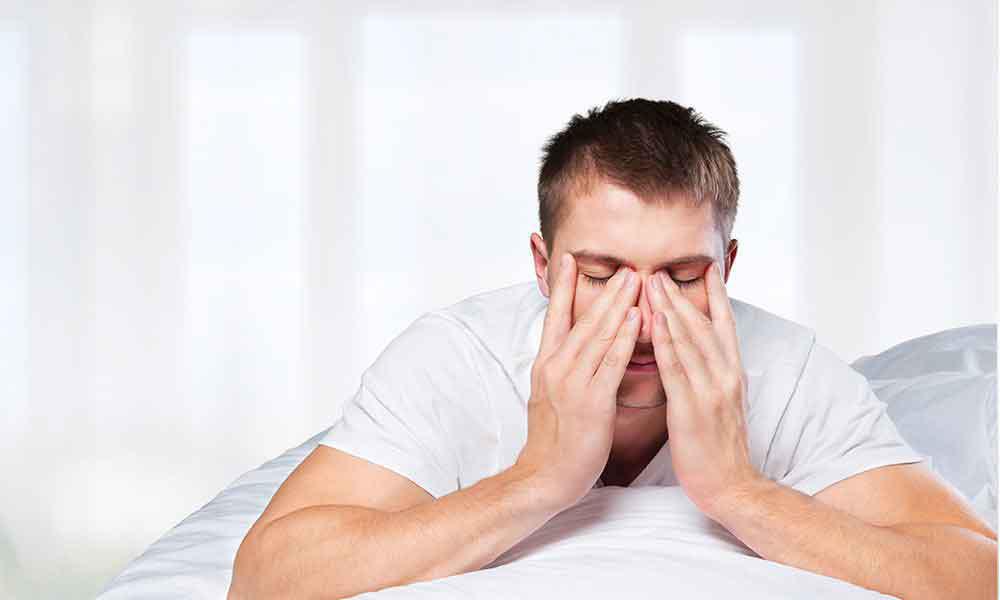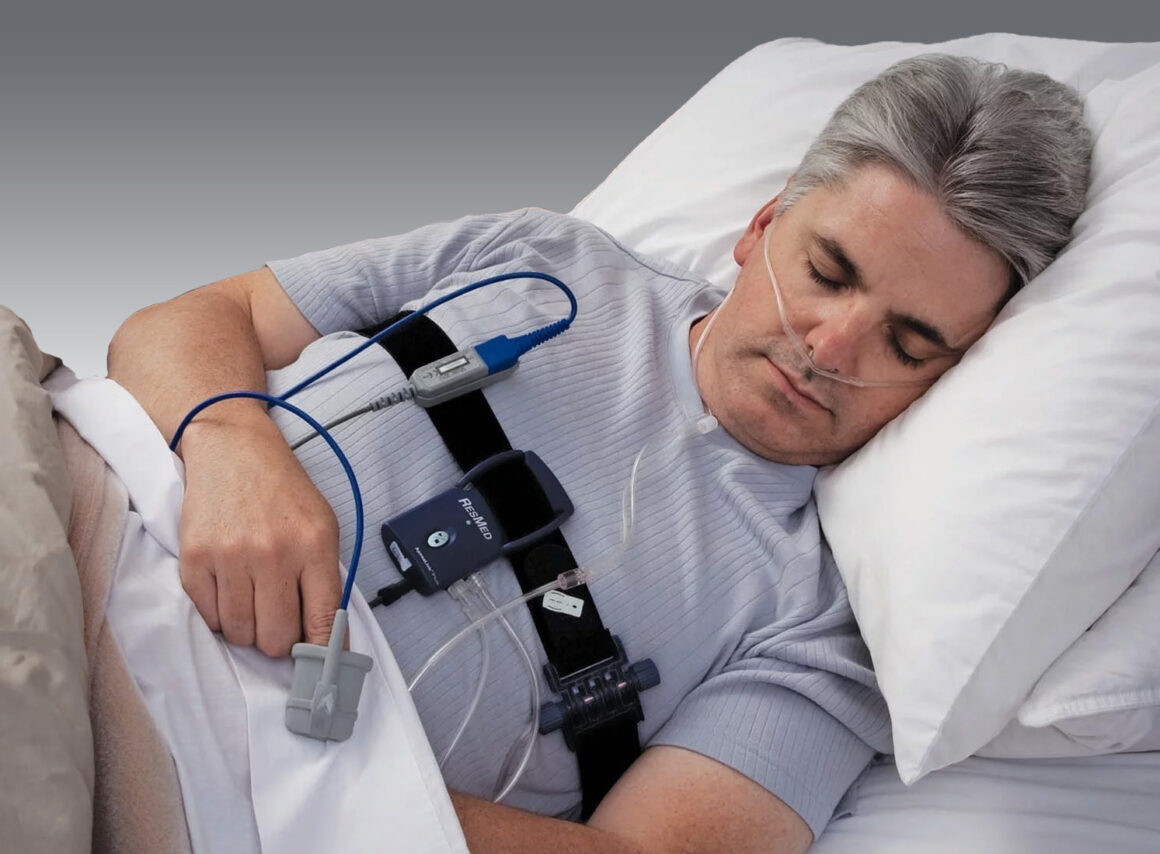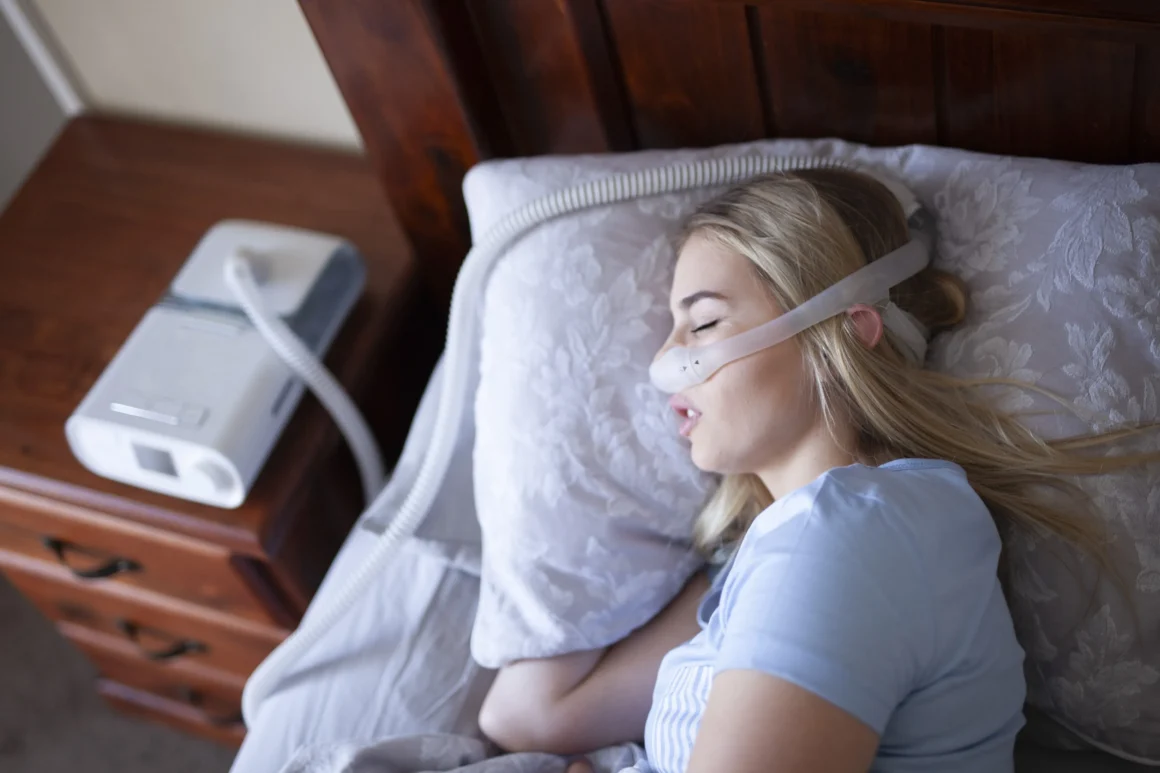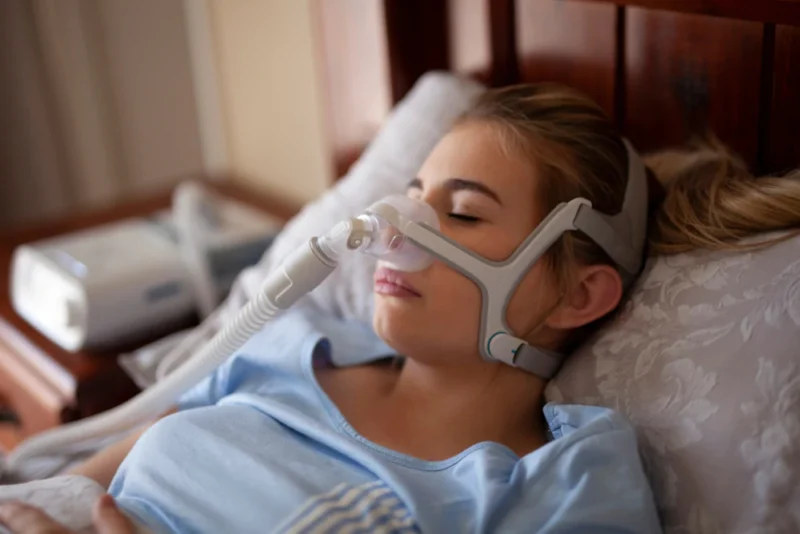You may not know that they have sleep apnea. You may experience fatigue in the morning and morning headaches but assume it. If you desire deep, peaceful sleep, the sleep apnea Glendale experts at Sonoran Sleep Center offer effective therapies that improve your sleep quality.
What is sleep apnea?

Sleep apnea is a disturbing sleeping disorder that can result in life-threatening diseases like heart disease and high blood pressure if left untreated. This disorder causes you to stop and start breathing multiple times throughout the night. If you have daytime tiredness even after sleeping adequately or snoring loudly in your sleep, you may have sleep apnea. Untreated sleep apnea can also contribute to job impairment, motor vehicle crashes, and work-related accidents. Anyone can experience sleep apnea, but it is more prevalent in obese older men. Here are three forms of sleep apnea.
-
Obstructive sleep apnea
Obstructive sleep apnea develops due to a temporary blockage in the upper airway. This blockage results from the relaxation of your throat muscles, causing you to wake up multiple times gasping for air.
-
Central sleep apnea
Central sleep apnea develops when your brain temporarily fails to transmit the right signals to the muscle controlling breathing.
-
Complex sleep apnea
Complex sleep apnea combines the symptoms of central sleep apnea and obstructive sleep apnea.
When should you consult your doctor about your sleeping disorder?

Sleeping 6-8 hours at night but still feeling tired during the day is a signature symptom of sleep apnea. You may also experience irritability, morning headaches, insomnia, hypersomnia, and gasping for air in your sleep. If you are irritable, tired, or snore loudly, inform your doctor for a comprehensive medical exam to confirm or rule out sleep apnea. This disorder can prevent you from enjoying the deep phases of sleep that help you rejuvenate and be ready for the next day.
How can your doctor diagnose sleep apnea?

During your appointment, your doctor uses overnight polysomnography or home sleep apnea testing to diagnose sleep apnea. Dr. Sonoran gets you comfortable in an overnight suite that resembles a hotel room to ensure you are relaxed. Dr. Patel places several electrodes on your chest, limbs, and head to monitor your body functioning, such as your muscle activity, breathing patterns, heart rate, and eye movements. If your breathing stops in your sleep, the electrode notes that Dr. Patel uses your results to design an individualized treatment plan.
How can you treat sleep apnea?

The specialists at Sonoran Sleep Center combine several advanced treatments and lifestyle adjustments to help you sleep better. Dr. Pael may recommend the following management techniques, depending on the form of sleep apnea you have:
- Adjusting your sleeping position
- Attaining a medically healthy weight
- Using a pillow to elevate your head
- Avoiding tranquilizers, alcohol, and sedatives
If these techniques fail to work, Dr. Patel may recommend a mandibular advancement device (MAD) and inspire sleep implants to open your airways and improve the quality of your sleep.
Call the Sonoran Sleep Center or book a consultation online to explore the available sleep therapies.


